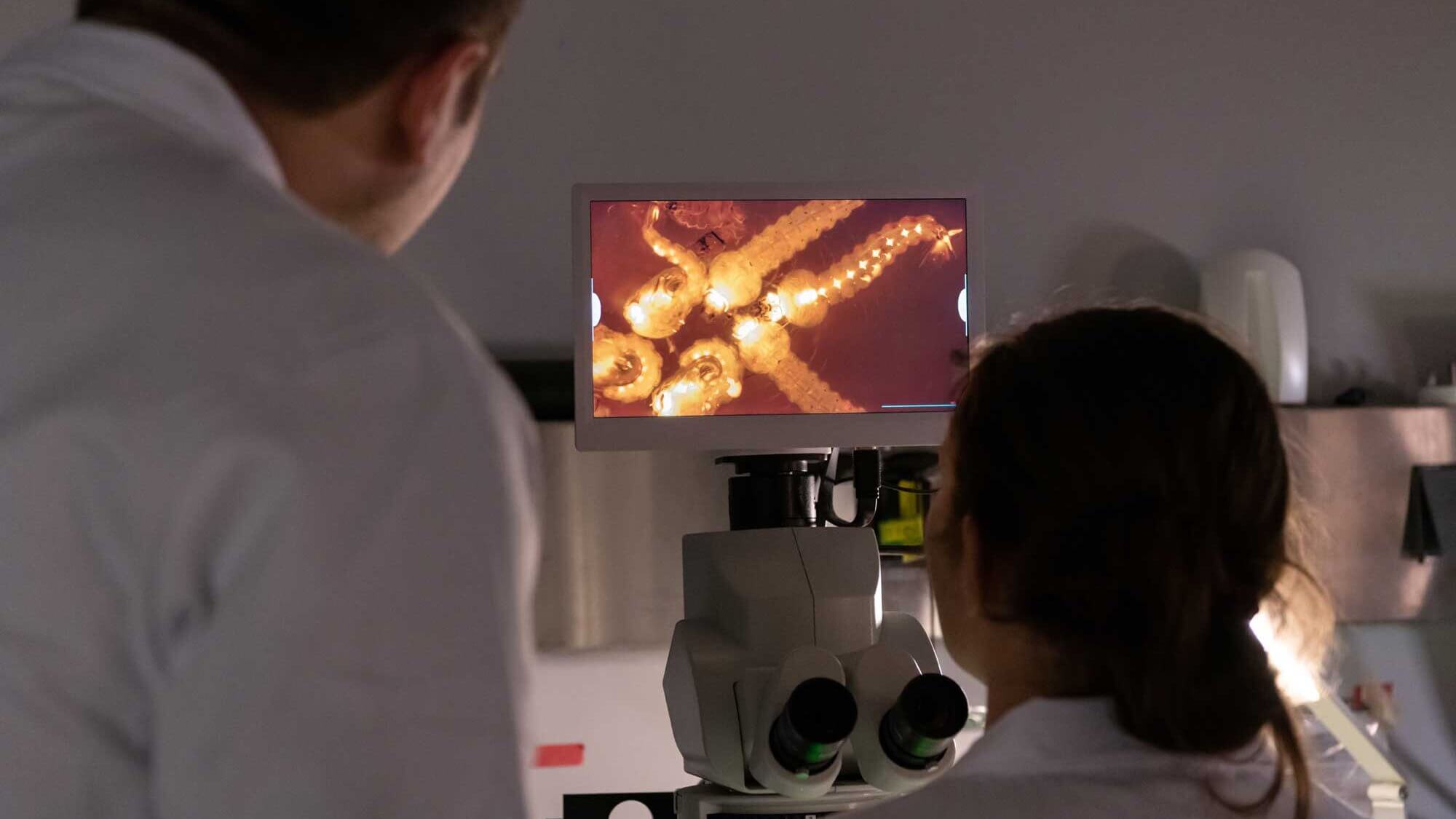Research Associate in Genetic Vector Control

We are seeking to recruit a Research Associate to work in a world-leading research group at the intersection of molecular biology and insect vector control. You will join the laboratory of Professor Andrea Crisanti based at Imperial College, South Kensington Campus.
Our research is based on cutting-edge molecular biology and genetics to understand and ultimately control the mosquito vectors of malaria. Our current focus is on developing and improving vector control strategies mainly based on gene drive systems and effectively reducing the population of Anopheles mosquitoes, which are carriers of malaria. Our cutting-edge technologies are designed to fall into the category of population suppression strategies that specifically target the reproductive capability of mosquito populations. This involves inducing sterility in female mosquitoes and a bias towards male offspring.
Duties and responsibilities
You will play a key part in taking initiative in the planning as well as conducting innovative and autonomous research, working as part of a large team within the Crisanti group. The group is actively involved in the Target Malaria research consortium, which is focused on developing, constructing, and testing cutting-edge genetic approaches, and you will be expected to collaborate with other allied scientists within Imperial College and elsewhere in London and abroad, as appropriate.
The Crisanti group has made remarkable advancements in the areas of mosquito transgenesis, genome editing, and gene drive research, establishing themselves as pioneers in this field. You will be required to attend relevant workshops and conferences as necessary, contribute to the compilation of reports for submission to research sponsors and provide guidance to other staff and students.
Essential requirements
- You must hold, or be near completion of, a PhD in in molecular biology or a closely related discipline and practical experience within a research environment, along with a track record of publication in relevant and refereed journals.
- The post requires Practical experience with molecular cloning (Gibson Assembly, Golden Gate, similar protocols), mosquito husbandry, analysis and interpretation of DNA and RNA sequencing data.
- Experience with molecular approaches to population control of mosquito disease vectors is also essential, as is demonstrable knowledge in molecular biology and genetics, statistical procedures and CRISPR-Cas9 systems.
- Knowledge of data science and programming processes, including R and modelling programs, is not required but would be an advantage.
- You must have excellent verbal and written communication skills. You must also be able to develop and apply new concepts and have a creative approach to problem-solving.
- The ideal candidate will have the passion and drive to tackle and overcome scientific problems.
Further information
This is a full time, fixed-term position until 30 April 2026, extendable subject to funding renewal.
You will be based at South Kensington Campus and a hybrid working pattern is available and can be agreed with the line manager.
The starting salary will be in the range defined, depending on experience. Appointments will usually be made at the bottom of the scale.
Candidates who have not yet been officially awarded their PhD will be appointed as Research Assistant.
Should you require any further details on the role please contact: Professor Andrea Crisanti] – [via c.supparo@imperial.ac.uk] or Dr Federica Bernardini (f.bernardini11@imperial.ac.uk)
Hybrid working may be considered for this role. Staff working in roles that are suitable for hybrid working will normally be expected to work 60% of their time onsite. The opportunity for hybrid working will be discussed at interview.
More information is available on the following web page: Work Location Framework | Administration and support services | Imperial College London
The College is a proud signatory to the San-Francisco Declaration on Research Assessment (DORA), which means that in hiring and promotion decisions, we evaluate applicants on the quality of their work, not the journal impact factor where it is published. For more information, see https://www.imperial.ac.uk/research-and-innovation/about-imperial-research/research-evaluation/
The College believes that the use of animals in research is vital to improve human and animal health and welfare. Animals may only be used in research programmes where their use is shown to be necessary for developing new treatments and making medical advances. Imperial is committed to ensuring that, in cases where this research is deemed essential, all animals in the College’s care are treated with full respect, and that all staff involved with this work show due consideration at every level.

